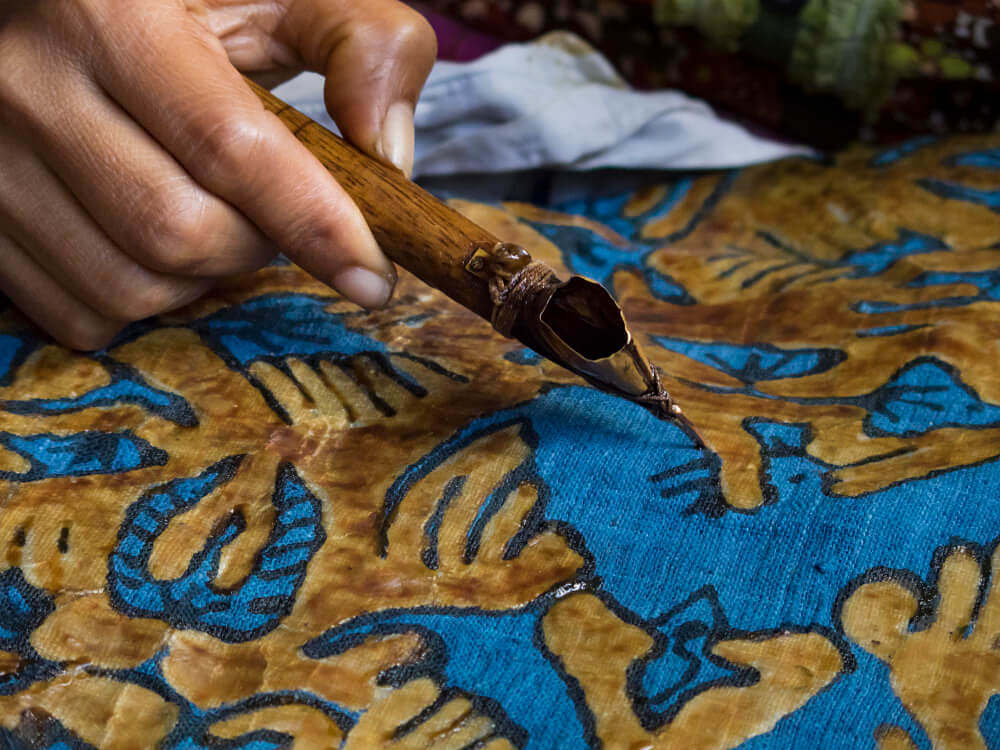indonesian culture trends and traditions
Explore the unique traditions, vibrant food, and fascinating work culture of Indonesia in our in-depth blog. Click here to learn more!
Explore Indonesian Culture
Indonesia is a vibrant archipelago rich with diverse traditions, customs, and values that have developed over centuries. From its unique work culture to its flavorful cuisine, the country’s culture is as intricate as its island geography. This article’ll explore various facets of Indonesian culture, including fascinating facts, traditions, food, and work culture.
1. Indonesian Culture Overview
Indonesia, a Southeast Asian nation made up of over 17,000 islands, boasts a population of more than 270 million people. Its diverse cultural landscape reflects the nation’s rich history, influenced by a mix of indigenous customs, Hinduism, Buddhism, Islam, and Western colonization. Despite this diversity, there are unifying cultural elements that shape Indonesian identity, making it one of the most fascinating cultural hubs in the world.

Key Elements of Indonesian Culture:
- Diversity in Language: Indonesia is home to over 700 languages, with Bahasa Indonesia serving as the official language.
- Religion: While the majority of Indonesians practice Islam, the country recognizes six official religions, including Christianity, Buddhism, Hinduism, and Confucianism.
- Respect for Elders: Indonesian culture emphasizes respect for elders and hierarchical relationships within the family and workplace.
Indonesia’s cultural heritage is also expressed in its art forms, ranging from traditional Batik textiles to elaborate puppet theater performances, known as Wayang.
2. Indonesian Culture Facts
Indonesia is a country filled with fascinating cultural elements that shape its people’s daily lives. Here are some intriguing Indonesian culture facts that help provide insight into this unique and colorful nation:
Fun Facts About Indonesian Culture:
- Diversity: With more than 300 ethnic groups, Indonesia is one of the most ethnically diverse nations in the world.
- Dance and Music: Indonesian dance and music are often tied to religious and traditional ceremonies, such as the famous Balinese dance, which draws from Hindu mythology.
- Indonesian Batik: Recognized by UNESCO as a cultural heritage, Batik is a traditional Indonesian technique of wax-resist dyeing applied to cloth.
- Pancasila: This is the philosophical foundation of Indonesia, consisting of five principles that emphasize unity in diversity, social justice, and belief in one God.
- Fasting Traditions: Indonesia is the world’s largest Muslim-majority country, and the holy month of Ramadan is widely observed, with fasting playing a significant cultural and religious role.
3. Indonesian Culture and Traditions
Indonesian culture and traditions are deeply rooted in the country’s diverse historical influences and are shaped by various ethnic groups and religions.
Key Traditions in Indonesian Culture:
- Nyepi (Day of Silence): Celebrated in Bali, this Hindu tradition involves a full day of meditation, fasting, and silence to ward off evil spirits.
- Wayang (Shadow Puppet Theatre): This traditional Javanese art form involves storytelling through intricate shadow puppets. The stories often come from ancient Hindu epics such as the Ramayana and Mahabharata.
- Gotong Royong (Mutual Cooperation): This social philosophy emphasizes communal collaboration and working together for the common good. Gotong Royong is practiced in both rural and urban communities.
- Lebaran (Eid al-Fitr): After a month of fasting during Ramadan, Muslims in Indonesia celebrate Eid with family gatherings, special foods, and by seeking forgiveness from relatives and friends.
- Marriage Ceremonies: Traditional Indonesian weddings vary greatly between regions. However, they generally involve elaborate rituals that reflect the couple’s ethnic heritage and religion. For example, Javanese weddings may include a traditional blessing ceremony called Siraman.
Common Traditions Across Indonesia:
| Tradition | Description |
|---|---|
| Nyepi | Hindu day of silence in Bali. |
| Wayang | Traditional shadow puppet performance. |
| Gotong Royong | Emphasizes communal support and cooperation. |
| Lebaran | Muslim celebration at the end of Ramadan. |
4. Indonesian Food Culture
Indonesia’s food culture is one of the richest in the world, offering a fusion of flavors influenced by various cultures, including Indian, Chinese, and Middle Eastern cuisines. Indonesian food culture is characterized by the use of fresh herbs, spices, and coconut milk, creating dishes that are both fragrant and bold in flavor.
Popular Indonesian Dishes:
- Nasi Goreng: Often considered the national dish, this fried rice meal is flavored with sweet soy sauce, garlic, and chili, and is typically served with a fried egg on top.
- Rendang: A slow-cooked beef stew with coconut milk and a mixture of rich spices, Rendang is famous for its deep, complex flavors.
- Satay: Grilled meat skewers marinated in turmeric, served with peanut sauce, this dish is found throughout the archipelago.
- Gado-Gado: A salad made of boiled vegetables, tofu, and tempeh, topped with a peanut sauce dressing.
- Soto: A traditional soup that comes in various forms across the country, often made with chicken, beef, or oxtail, and flavored with turmeric and lemongrass.
Unique Aspects of Indonesian Food Culture:
- Street Food: Vendors selling local delicacies are a common sight in Indonesia, from small carts to open-air markets.
- Rice as a Staple: Nasi (rice) is a staple in almost every Indonesian meal and is often accompanied by sambal (a spicy chili paste).
- Communal Eating: Indonesians enjoy eating together in a family setting, where sharing dishes is the norm.
5. Indonesian Work Culture
Understanding Indonesian work culture is essential for anyone doing business or working in the country. Indonesian workplaces are often defined by hierarchical structures, a strong emphasis on personal relationships, and respect for authority.
Characteristics of Indonesian Work Culture:
- Hierarchy and Authority: Indonesian businesses tend to follow a hierarchical structure where decisions are made by senior management, and employees are expected to show deference to their superiors.
- Respect and Politeness: Communication in Indonesian workplaces is often indirect, with a strong emphasis on maintaining harmony and avoiding conflict.
- Relationship-Oriented: Building personal relationships is crucial in business. Many Indonesian companies prioritize trust and personal rapport over purely transactional interactions.
- Collectivism: In line with the Gotong Royong tradition, teamwork and cooperation are highly valued. Employees are encouraged to work together to achieve collective goals.
- Flexible Time Management: While punctuality is respected, the concept of time in Indonesia can be more flexible than in Western cultures. Deadlines and meetings may not always start or end exactly on time.
Tips for Working in Indonesia:
- Always address your colleagues with respect and acknowledge their status in the company hierarchy.
- Take the time to build trust and personal relationships with your Indonesian counterparts.
- Be prepared for a more relaxed approach to time management, especially in informal settings.
Conclusion
Indonesia is a land of extraordinary cultural diversity, from its unique work practices to its vibrant traditions and delicious food. Whether you’re exploring Indonesian culture facts, engaging with local Indonesian culture and traditions, tasting authentic Indonesian food, or navigating Indonesian work culture, understanding these cultural aspects will enrich your experience and deepen your appreciation for this fascinating country.
